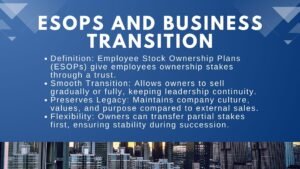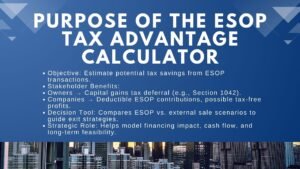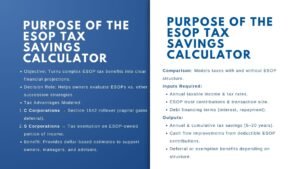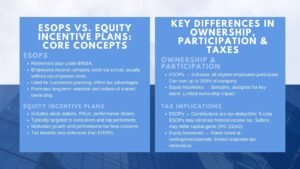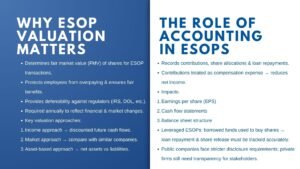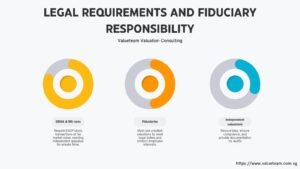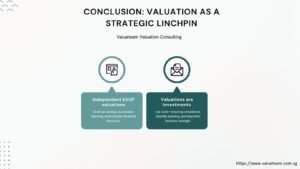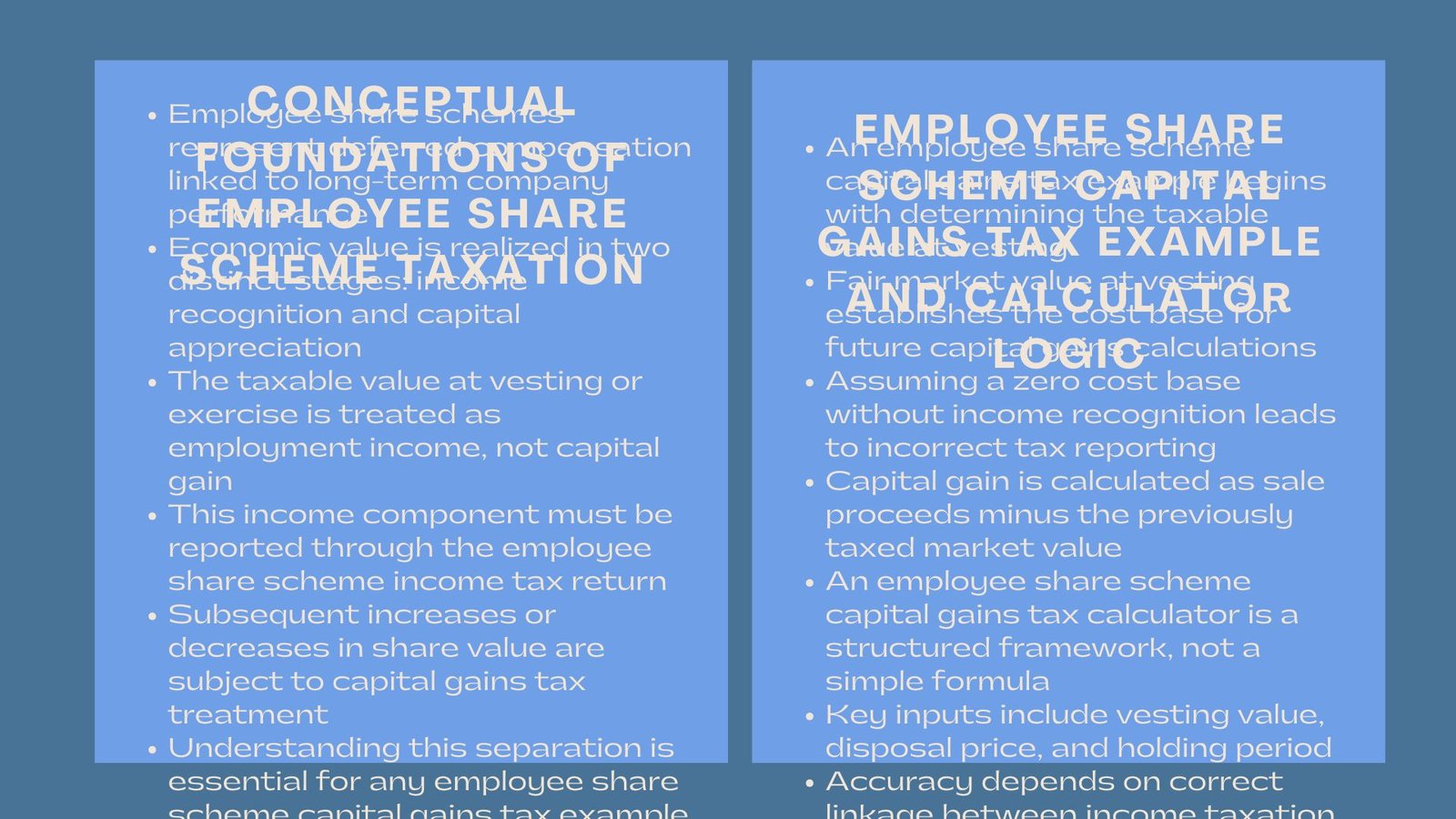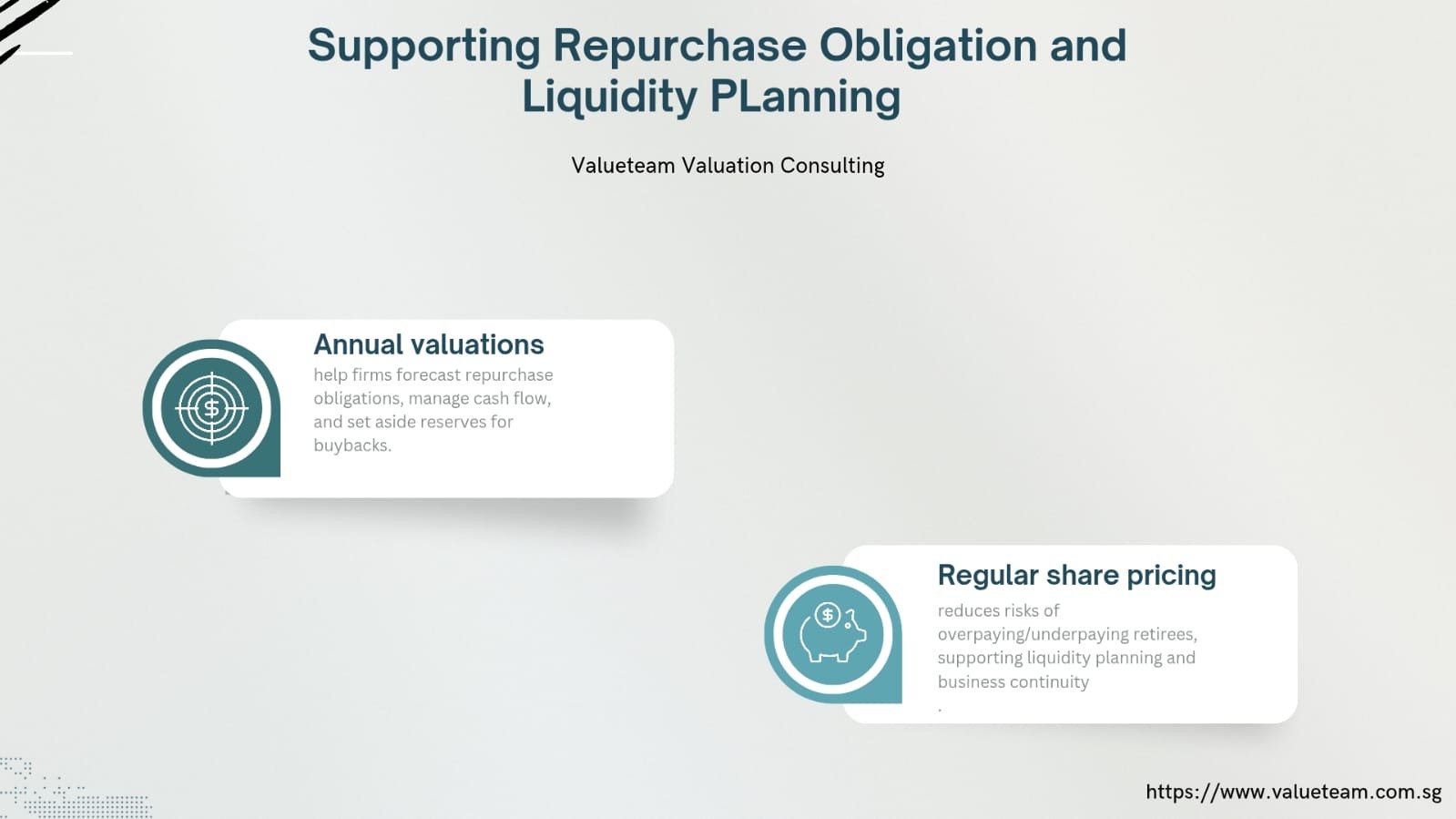
Excellent Independent Valuations require annual ESOPs
Excellent Independent Valuations require annual ESOPs
Employee Stock Ownership Plans (ESOPs) provide an engaging initiative which allows employees to attain equity share in the businesses they are representing. Besides instilling the culture of ownership and encouraging long-term interest alignment, ESOPs offer highly valuable retirement services. However, contrary to the case of public stock, private equity program Singapore company stock is not usually priced to the outside market. This is the reason why annual independent valuation is the requirement; otherwise there would be unfairness, violation, and false reporting. Employers, employees, and trustees involved in or operating parts of ESOPs must understand why these valuations are required-and how they happen.
Maintaining Fair Market Value and Regulatory Compliance
Determination of the fair market value (FMV) of the company shares is one of the reasons why an ESP uses annual independent valuation. ERISA ( the Employee Retirement Income Security Act) requires fair value of esop Singapore to serve in the best interests of the participants of the plan. Since shares that are privately held cannot obtain a measurable value when traded publicly, an independent evaluation proves to be the only sure method of arriving at share price. This assists in ensuring that the employees who buy or redeem the shares do so at a price that indicates the authentic economical value.
Regulatory perspective looks into the ESOP plans and contains the presence of conflicts of interest by the Department of Labor (DOL) and internal revenue service (IRS). The greater risk is to use internal valuations/ nonprofit estimators that lack independence. A third-party appraisal on an annual basis becomes a risk hedge–giving an objective price which controls fiduciary duty and fulfills the governmental regulator transparency requirements.
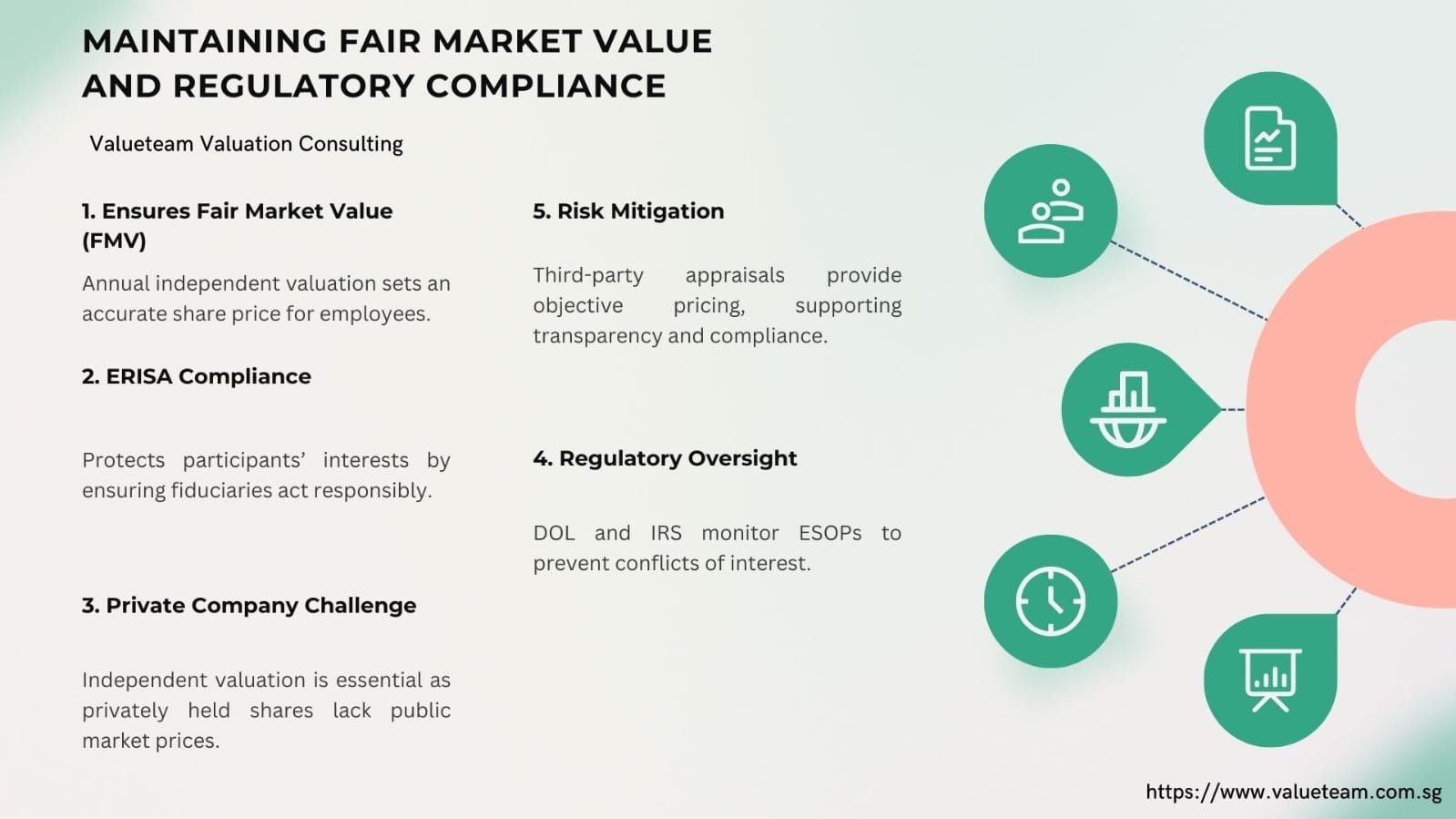
Ensuring Equitable Treatment for Participants
When the employees understand that the pricings of the shares are honest and equal, equity plans succeed. Independent valuations on a yearly basis prevent imbalances between the classes of participants, i.e. between those hiring in and those cashing out. This makes all the transactions on shares to be done at the same informed price.
In case the shares prices were self-proclaimed or not regularly updated, the participants may be left at a disadvantage or suspicious of the management. In the long term, this may destroy trust and the perceived integrity of the ESOP. Conversely, a normal and properly approved valuation shows that the pricing of the shares is made through rigorous financial calculations, rather than internal convenience or prejudice, encourages confidence and disclosure among the employees as a group.
Supporting Repurchase Obligation and Liquidity Planning
ESOPs that are privately held generally incorporate the obligation to repurchase, or buyback, by the company the shares belonging to departing or retiring staff at fair value assessments. Failure to have the valuations annually leaves the firms in a dilemma regarding short-term cash flow requirements. They allow the transparent foundation of budgeting and setting aside reserves to cover these repurchase commitments through an independent valuation.
In case the share price is amended on a yearly basis then the companies can make probabilities of liabilities more precisely and forecast liquidity of the companies. They also lessen the chances of overpaying, or underpaying, retiring participants each of which have financial and legal implications. Disciplined valuation schedule therefore acts in support of business continuity, as well as financial stewardship objectives.
Valuation Drives Financial Reporting and Plan Administration
The taxation of ESOPs is of importance beyond them being tax-qualified retirement plans- they also affect the company balance sheets. Annual valuation determines the price of shares in the ESOP trust which have to be shown as treasury stock, liability or adjustment in equity on the balance sheet as shares outstanding or in trust.
Additionally, the accounting requirement of companies to disclose compensation expenses in regard to stock plans under the US GAAP (ASC 718 or 815) necessitates the need for accounting standards. The share pricing offered in ESOP should be accurate by basis of independent valuation in order to compute the expense reported in earnings. Reported financial measures of interest as well as the compensation packages are likely to be skewed when valuations are outdated or misaligned.
Legal Risk Mitigation and Fiduciary Protection
ESOP fiduciaries are bound by law, under ERISA and the Internal Revenue Code. By entering into the plan, a participant is putting the plan at risk of litigation, fines or disqualification in case he or she challenges valuation practices. There is minimal risk when independent valuations are carried out since they show how the price-setting was done by a neutral expert whose set of methods was accepted.
A valuation report should also contain the sufficient methodology, assumptions, sensitivity analyses, comparison to the market multiples, and explanation of discounts or premiums. This documentation plays a vital role in defending fairness of share prices against DOL or IRS audits- or in those attacks by participants. It also defends fiduciaries by demonstrating that they have been diligent in their approach as opposed to individual judgement.
How the Valuation Process Works for Independent Valuations require annual ESOPs
Although there might be some difference on how the process is undertaken in independent firms, the major steps are subject to general study. Financial and operational data, including revenue forecast, profitability levels, capital expenditures, shareholding patterns and risk exposure to business, are among the information gathered by the valuer. Then they determine suitable valuation techniques: they will generally choose the income approach (discounted cash flow), a market approach by applying a variety of multiples company to company or transaction to transaction, and sometimes an asset-based methodology when applicable.
Once modeling is complete, the valuation firm combines the findings, where the most common are weighted average of income and market estimates and reconciliation to a last price per share. Commentaries in the report are provided on both the risk factors and sensitivity tests along with justification on minority or lack-of-marketability discounts. This valuation will then be used as a benchmark to determine the price of the ESOP share next year and every subsequent valuation will be pegged on the current economic conditions.
Conclusion: Valuations Fuel Trust, Compliance & Strategy
Employee Stock Ownership Plans have the potential of bringing great ownership culture and retirement value-as long as the participants derive the confidence that share pricing is fair and justifiable. The independent annual valuations are not only due to meet regulatory needs but also, and more importantly, add a fiduciary control, liquidity planning, consistency in financial reporting, and legal protection underwriting. Proper valuation discipline with respect to the ESOPs provides a clear message to the employees, regulators and those that invest in those companies that governance is strong and the values are on the table.
To put it into context, a standalone valuation is not a one off cost, it is a return on investment in integrity, data quality, and corporate governance. The organizations with high standards in their conduct in valuation of ESOPs put their plans and even their people in a prospectivity of value enhancement and certainty in ownership.

